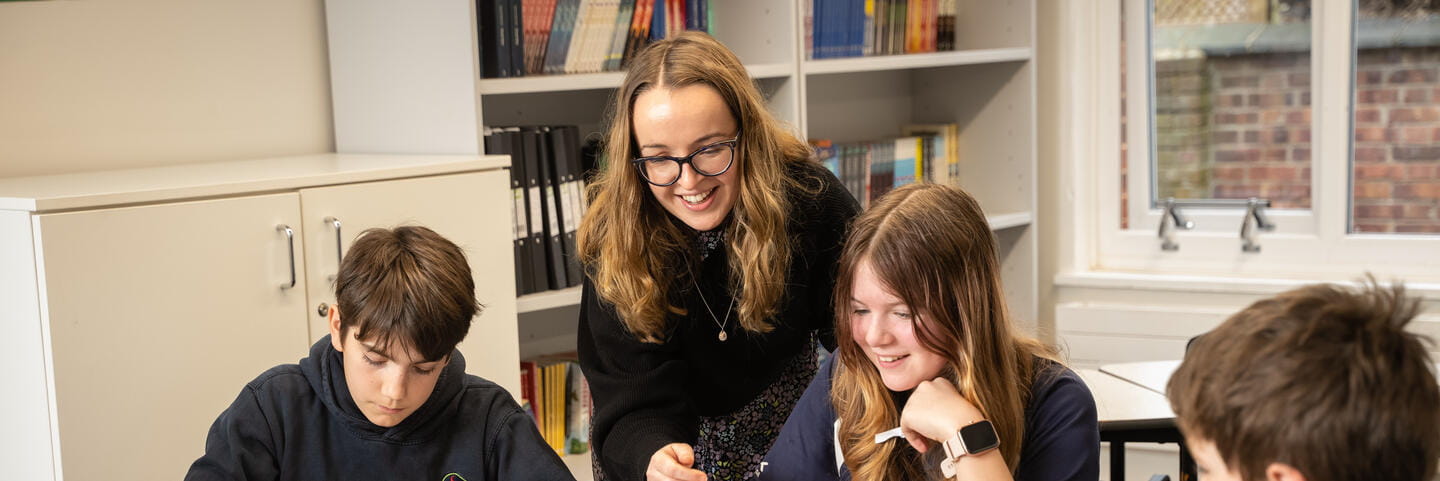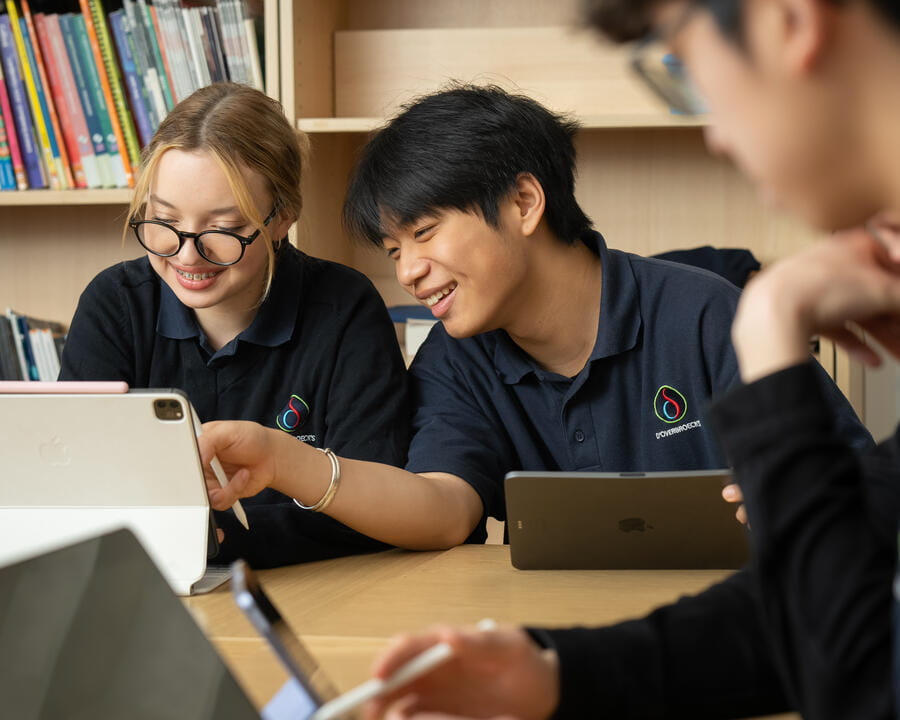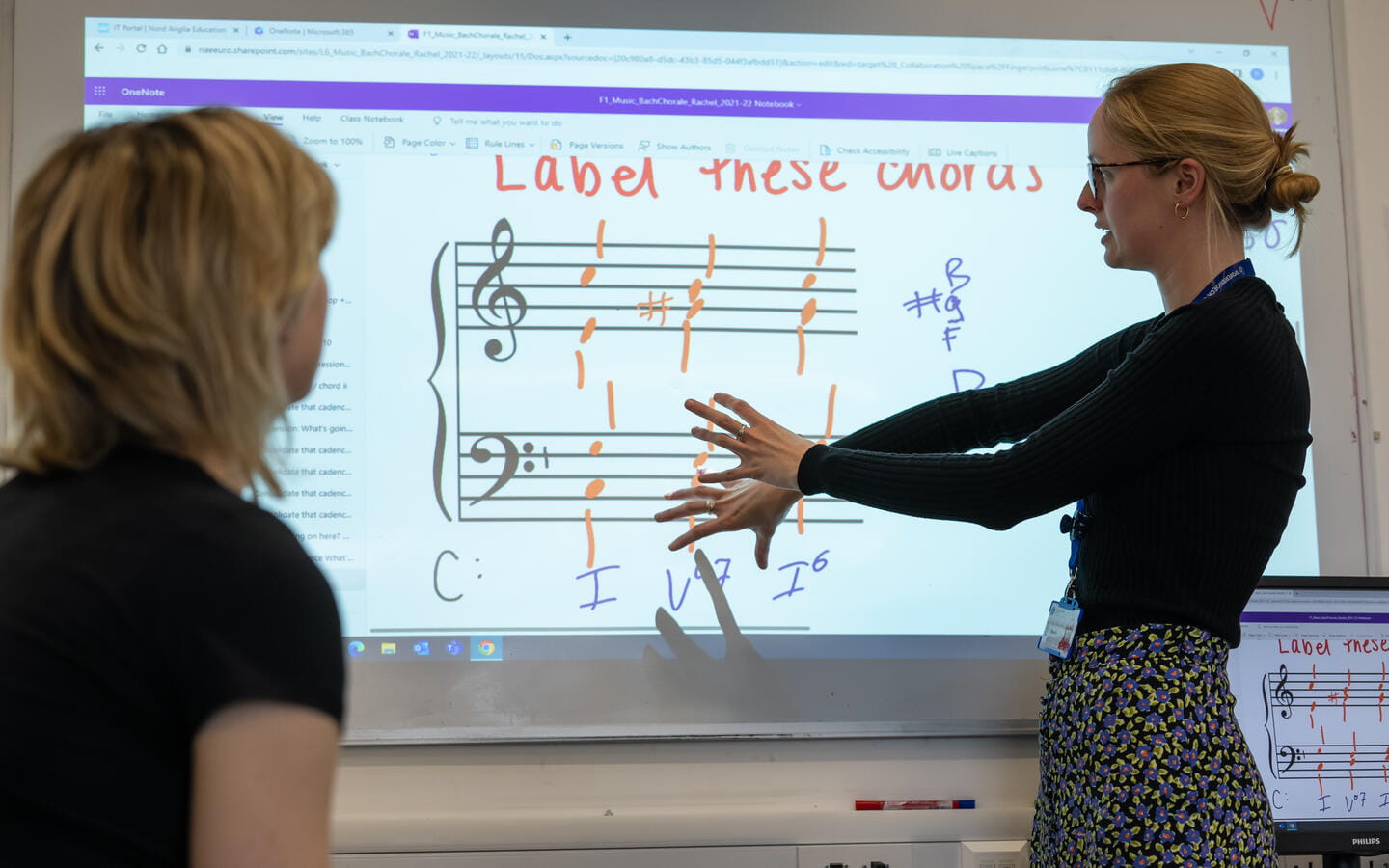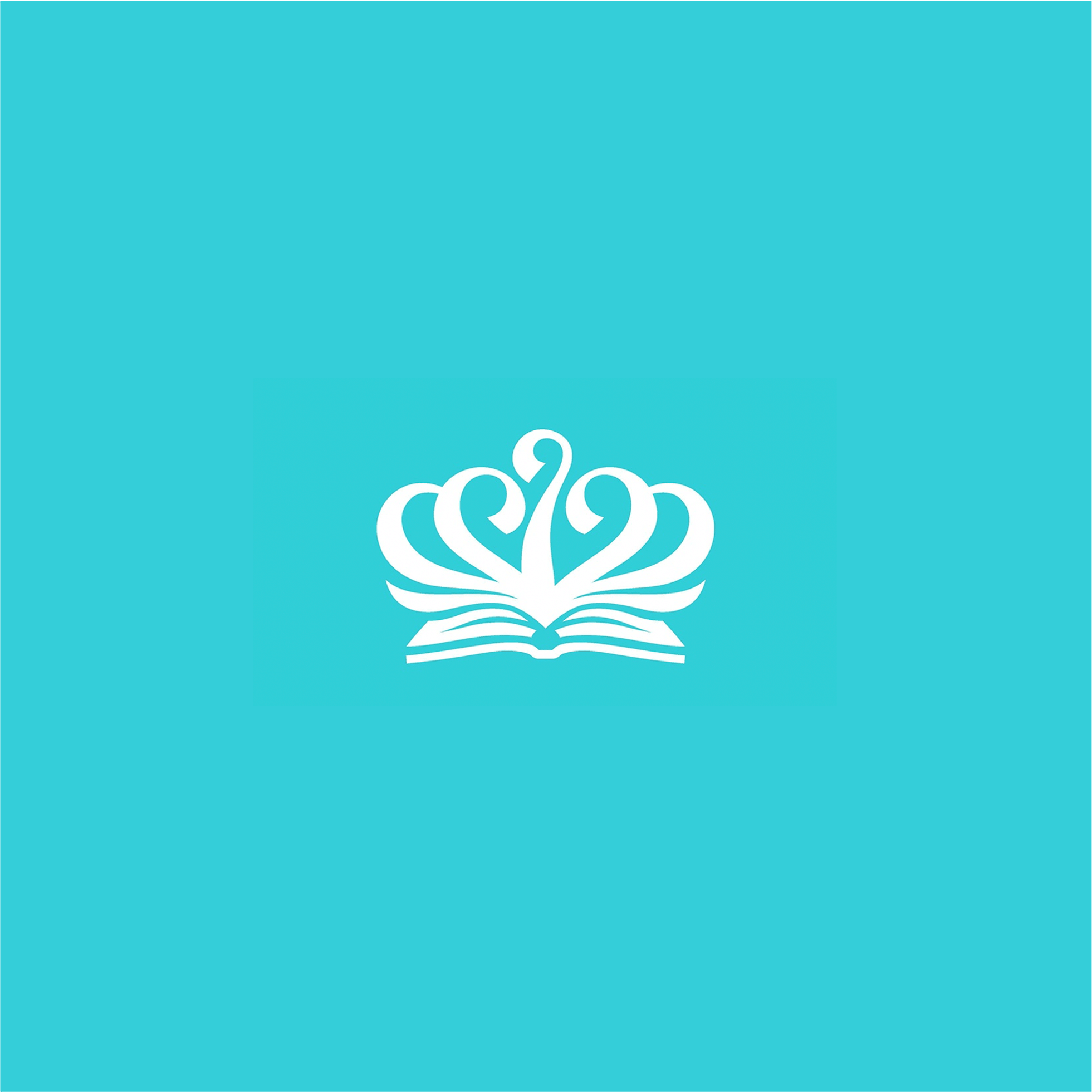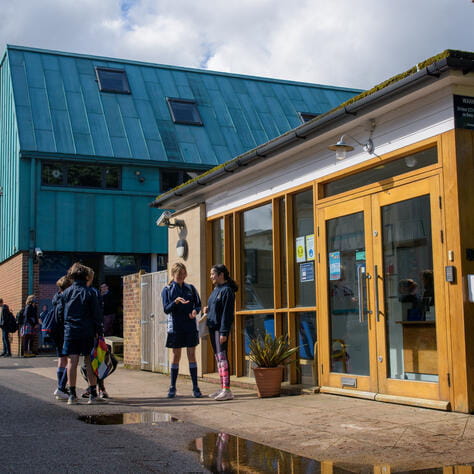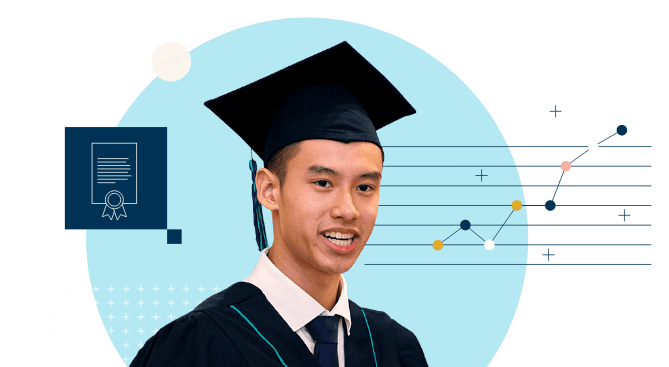One-Year IGCSE
START DATE: September only
DURATION: One academic year
ENTRY REQUIREMENTS: IELTS 5+ or equivalent
QUALIFICATIONS ACHIEVED:
Students on the One-Year IGCSE programme typically finish with between 5 to 8 IGCSEs and GCSEs.
ACADEMIC ENRICHMENT AND PERSONAL DEVELOPMENT:
All students on this programme take:
- TRACK academic enrichment programme
- Physical Education
- Personal Development
Students on this programme also have access to a range of other academic enrichment opportunities, including the Careers Programme, academic trips and excursions and other wider learning opportunities.
IGCSE / GCSE SUBJECTS TAKEN:
All students on this programme study:
English (GCSE English Language for higher level students, IGCSE English as a Second Language for other students)
Maths
Students must select at least 1 Science subject from the optional subjects*
OPTIONAL SUBJECTS (3 in total):
- Art
- Biology*
- Business
- Chemistry*
- Computer Science
- Geography
- History
- Languages (French or Spanish)
- Physics*
- Own language (where available)
STUDENTS CAN ALSO TAKE (LEVEL PERMITTING):
- Further Maths
- Higher Project Qualification (HPQ)


